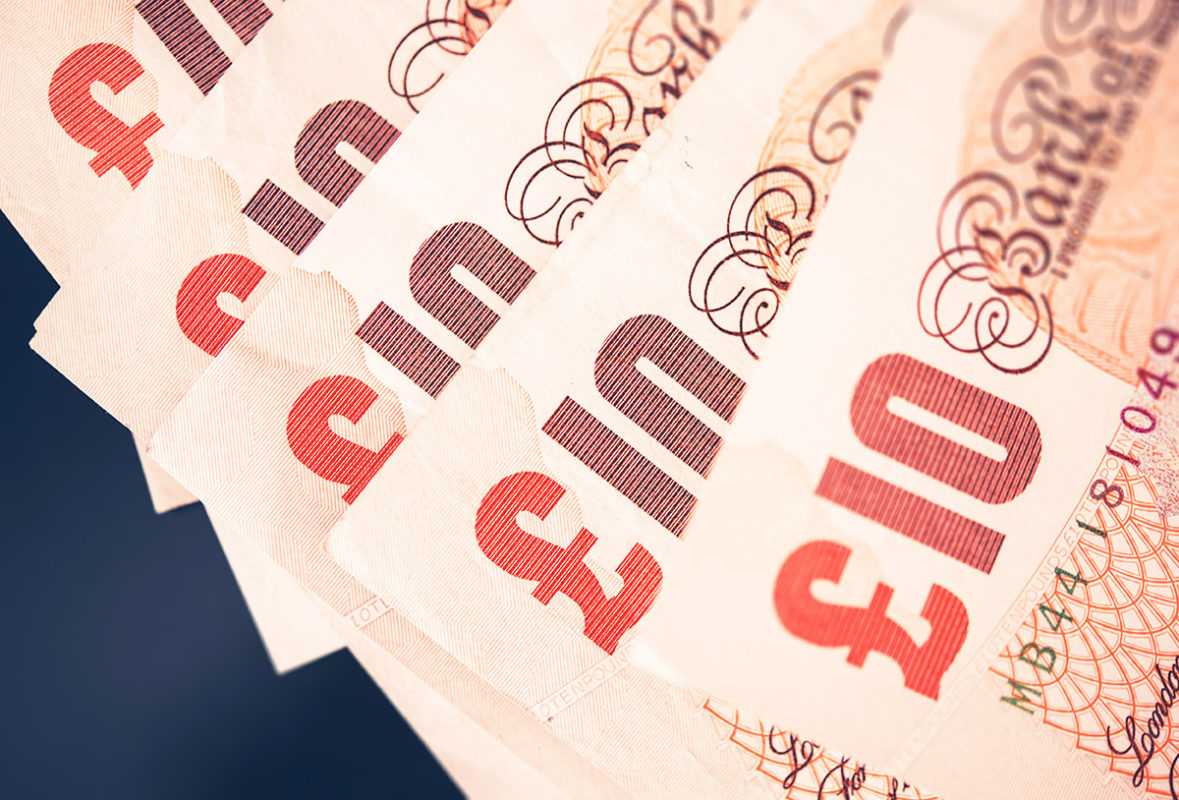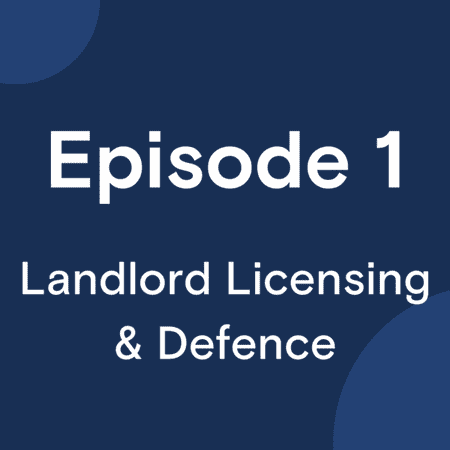Rising house prices are a dilemma for landlords. This is because as the value of their investment increases, so does the amount of capital gains tax they pay if they cash in the property.
The latest data shows double-digit growth in house prices with the average home in England worth a record £268,000.
Prices are pushing higher as buyers flock to make bids on a shortage of homes for sale, but some landlords are worried about clocking up a huge tax bill as the market heats up.
How to work out capital gains tax for landlords is about understanding the rules and what to do to save tax.
What is capital gains tax?
Capital gains tax – or capital gains tax for short – is a wealth tax paid by landlords and other second property owners when they dispose of a home.
Dispose includes gifting, swapping and in some cases, demolishing, a property as well as selling.
capital gains tax comes with various reliefs and allowances relating to whether the owner lived in or rented out the home, or a mix of the two.
How much capital gains tax is paid?
The latest data from HM Revenue & Customs for the 2020-21 tax year reveals £10.61 billion was paid, which was an 8.2% (£800 million) increase from the previous year.
Around 300,000 people pay capital gains tax each year.
Not all capital gains tax is raised from property sales and the statistics include entrepreneurs’ relief from selling businesses and other taxable sources, like share disposals.
When is capital gains tax paid?
Landlords only pay capital gains tax when they dispose of a property.
As part of the sale, how much capital gains tax landlords pay is worked out and due within 30 days of completion of a sale or other disposal.
Working out capital gains tax to pay for landlords
The capital gains tax calculation is a backwords sum, starting with the market value of the property on disposal.
The taxable amount is worked out as the proceeds of the sale less the purchase price, some allowed expenses and any reliefs that apply.
Landlords also have a capital gains tax personal allowance called the ‘annual exempt amount’ which is deducted in a similar way to the personal income tax allowance.
The current annual exempt amount is £12,300 for each owner, frozen until April 2025.
The basic capital gains tax computation
This is how to work out capital gains tax for landlords for a home sold in July 2021 for the current average price of a home in England, bought in April 2010 for £60,000
| Proceeds from the sale: | £268,000 | |
| Less allowed disposal costs: | ||
| Estate agent costs @ 2.5% | £6,700 | |
| Legal costs | £800 | |
| (£7,500) | ||
| Net proceeds | £260,500 | |
| Less allowed purchase costs: | ||
| Purchase price | £60,000 | |
| Purchase costs (ie stamp duty and legal fees) | £5,000 | |
| Less allowed ownership costs: | ||
| Improvement costs | £0 | |
| Costs of defending title | £0 | |
| (£65,000) | ||
| CGT chargeable gain | £195,500 | |
In a simple calculation, the chargeable gain is split between each owner according to the percentage share they own of the property.
Most letting properties have a single owner, who is allocated all the gain or by a couple who own the property 50:50 and are each allocated half the gain.
Providing the annual exempt amount is unused, each owner can deduct £12,300 from the chargeable gain before working out the tax due.
For a single owner, this reduces the chargeable gain to £183,200.
In some cases, further CGT tax reliefs can be subtracted from the gain:
Private Residence Relief (PRR)
PRR is the relief that exempts people selling their own home from paying CGT.
Any landlord who has lived in a letting property as their main home can use PRR to reduce the amount of capital gains tax they pay.
PRR accounts for the time the property was the landlord’s main home by allocating a tax-free period, which is the number of months they lived there plus 9 months.
For example, if a landlord had lived in the property for 21 months, they could claim 30 months free of CGT (21 + 9 months) during their 136 months of ownership.
PRR relief would reduce the gain by £195,500 x 30/136, or £43,125, to £152,375.
Letting relief
If you shared your home with tenants, you could claim letting relief to reduce the CGT you pay.
Letting relief is the least of:
- Any PRR claim
- £40,000
- Any gain you made while sharing your home with tenants
The restrictions around letting relief mean few landlords can make a claim.
Capital Gains Tax Rates
The CGT rates for landlords are:
- 18% for basic taxpayers earning up to £50,270
- 28% for higher rate taxpayers earning £50,271 a year or more
If you are a basic rate taxpayer and your gain takes your annual earnings over £50,270, you pay the amount up to the threshold at 18% and the amount exceeding the threshold at 28%.
For working out CGTfor landlords earning £29,000 a year, our gain of £152,375 without PRR or lettings relief would be:
| Taxable amount | CGT rate | Tax due |
| £21,270 | 18% | £3,828 |
| £131,105 | 28% | £36,709 |
| Total CGT bill: | £40,537 |
CGT for overseas landlords
Landlords based overseas disposing of buy to let homes in the UK work under a different set of rules than their UK counterparts.
If you are a landlord and need more information about tax, head to our article on “How to Work Out Landlord Tax”. We hope our guide has been helpful. Find out more about how Oasis Living can help you find the perfect tenants and improve your property management experience. Head to our website now or contact with one of our property experts.



















